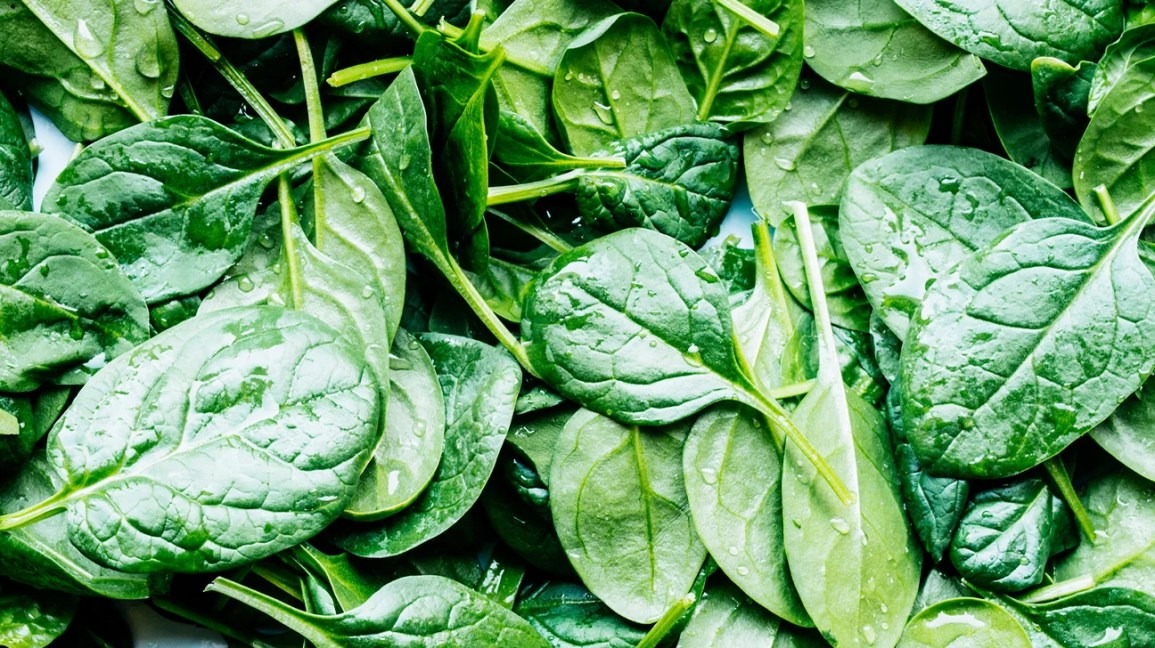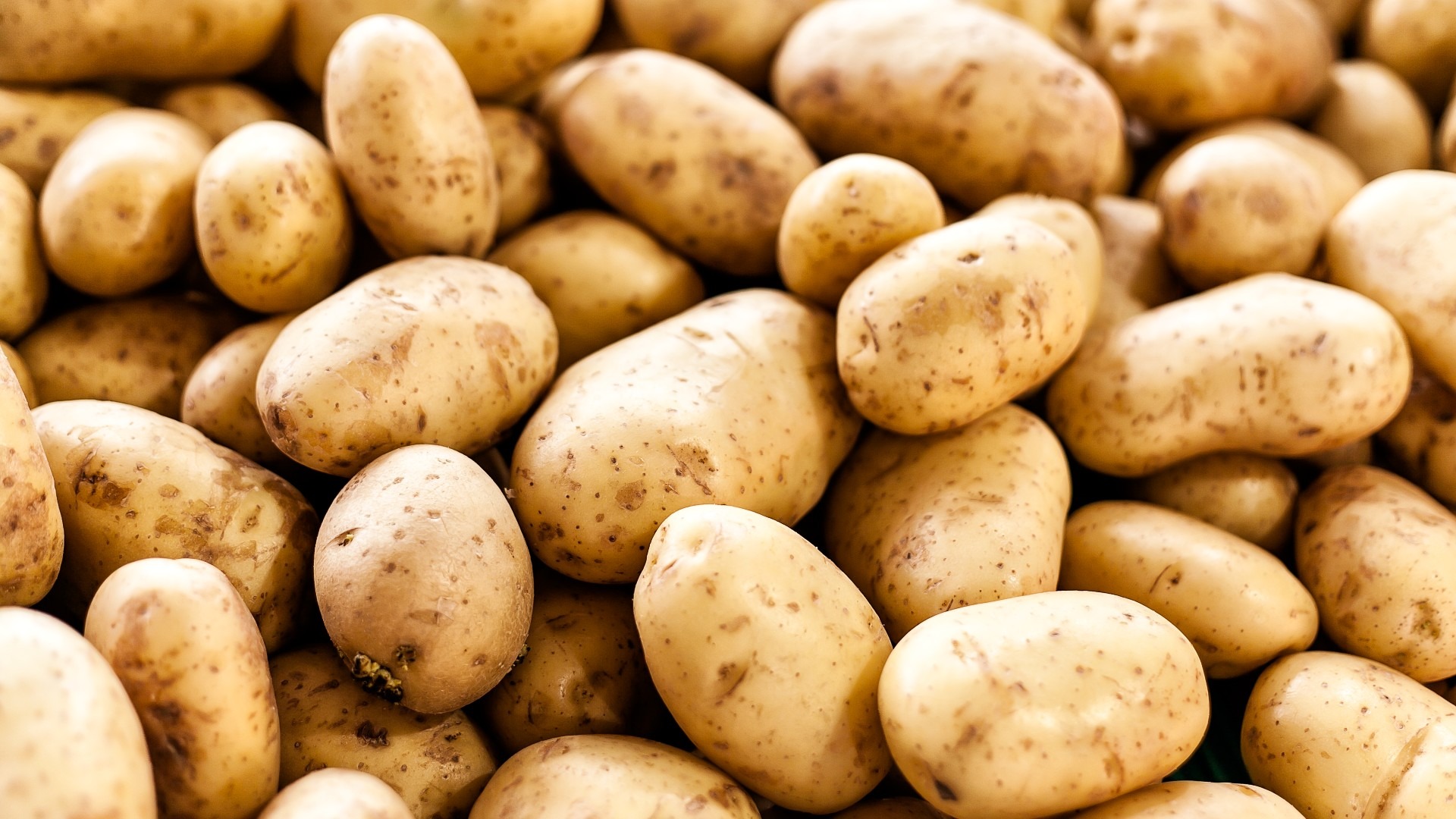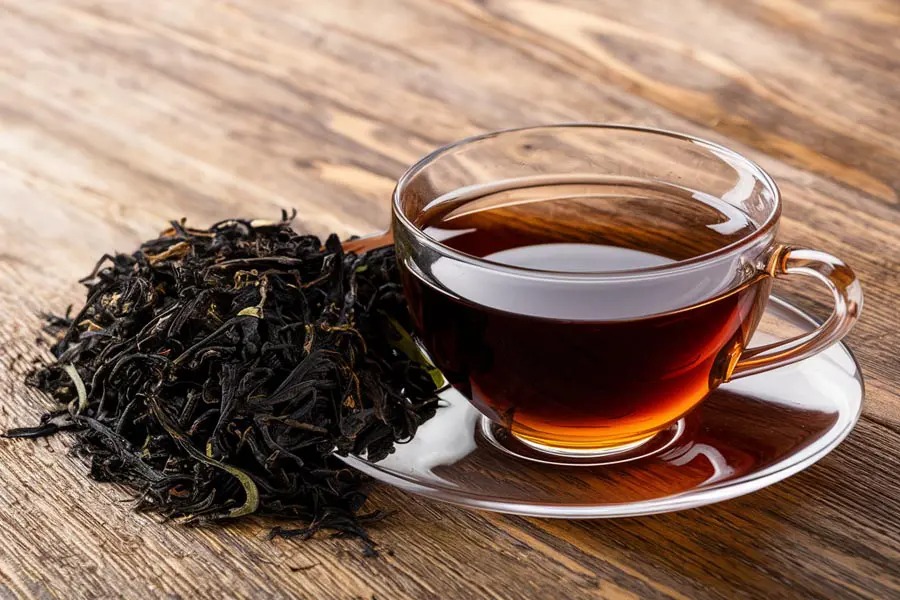If you’re dealing with kidney issues or want to protect your kidneys from damage, you need to pay close attention to your diet—especially foods high in oxalates. Oxalates are naturally occurring compounds found in many plant-based foods. While harmless in small amounts, high levels can contribute to kidney stones and worsen kidney function, especially in those with chronic kidney disease (CKD) or a history of stone formation.
In this article, we’ll explore 11 high oxalate foods that may be silently damaging your kidneys and why limiting them could be a smart move for your health.
1. Spinach
Spinach is often labeled a superfood, but it’s extremely high in oxalates. Just half a cup of cooked spinach can contain over 750 mg of oxalates. For people with kidney problems, this could lead to oxalate buildup and calcium oxalate kidney stones.
Tip: Replace with kale, arugula, or mustard greens, which are lower in oxalates.

2. Beets
Beets are packed with nutrients and antioxidants, but they are also oxalate-rich. One cup of raw beets can have over 150 mg of oxalates.
Tip: Enjoy beets in moderation and balance them with calcium-rich foods to reduce oxalate absorption.
3. Rhubarb
This tart vegetable contains high levels of oxalic acid, especially in the leaves (which are toxic and should never be eaten). Rhubarb can contribute to urinary tract problems and stone formation in sensitive individuals.
Tip: Avoid rhubarb if you’re prone to stones or have kidney issues.
4. Almonds
While almonds are heart-healthy, they are also one of the highest oxalate nuts. Just a small handful can contain over 120 mg of oxalates.
Tip: Switch to macadamia nuts or walnuts, which are lower in oxalates.
5. Potatoes
White potatoes and sweet potatoes both contain moderate to high oxalate levels. Most of the oxalates are found in the skin.
Tip: Peel the skin and boil potatoes to reduce oxalate content.

6. Navy Beans
Beans are a plant-based protein powerhouse but many, including navy beans, are high in oxalates. They can contribute to kidney stone formation if consumed in large amounts.
Tip: Try lentils or black-eyed peas, which have lower oxalate levels.
7. Dark Chocolate
Dark chocolate contains antioxidants, but it’s also rich in oxalates. It’s made from cocoa, which is naturally high in oxalate content.
Tip: Limit dark chocolate intake or opt for white chocolate occasionally, which has less oxalate.
8. Okra
Common in many dishes, okra is surprisingly high in oxalates, especially when fried. Consuming large quantities may increase the risk of kidney stones.
Tip: Choose lower-oxalate vegetables like zucchini or bell peppers instead.
9. Soy Products
Soybeans, soy milk, tofu, and edamame all contain moderate to high oxalate levels. Frequent consumption can be a concern for those with kidney sensitivities.
Tip: Rotate protein sources with eggs, poultry, or low-oxalate legumes.
10. Buckwheat
Though often seen as a healthy gluten-free grain, buckwheat is high in oxalates, especially when consumed frequently.
Tip: Substitute with quinoa, white rice, or millet, which are lower in oxalates.
11. Black Tea
Black tea is a popular beverage, but it contains significant amounts of oxalates, especially if you drink multiple cups daily. This can lead to a buildup of oxalate crystals in the kidneys.
Tip: Switch to herbal teas like chamomile or rooibos for a kidney-friendly alternative.

Why Oxalates Are Dangerous for Your Kidneys
Oxalates can bind with calcium in the body and form calcium oxalate crystals, which are the most common type of kidney stones. For those with weakened kidney function, excess oxalate intake may speed up kidney damage and contribute to other complications such as urinary pain, inflammation, and blocked urine flow.
How to Reduce Oxalate Intake
-
Drink plenty of water to help flush oxalates out of your system.
-
Balance oxalate foods with calcium-rich foods to reduce absorption.
-
Boil high oxalate vegetables – boiling can significantly reduce oxalate levels.
-
Limit portion sizes and avoid eating several high-oxalate foods in the same meal.
Final Thoughts
High oxalate foods can sneak into your diet, even when you’re eating “healthy.” If you have kidney problems, a history of kidney stones, or are at risk, it’s essential to monitor and limit your oxalate intake. By being mindful of the foods listed above, you can protect your kidneys, improve your urinary health, and reduce the risk of future complications.
Your kidneys work hard for you—take care of them by choosing wisely.
